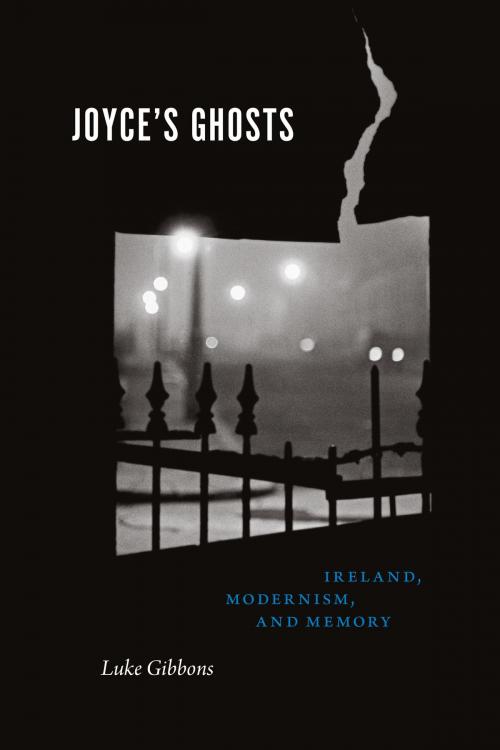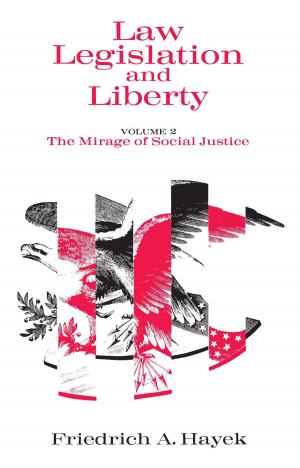Joyce's Ghosts
Ireland, Modernism, and Memory
Nonfiction, History, Ireland, Fiction & Literature, Literary Theory & Criticism, British| Author: | Luke Gibbons | ISBN: | 9780226236209 |
| Publisher: | University of Chicago Press | Publication: | November 13, 2015 |
| Imprint: | University of Chicago Press | Language: | English |
| Author: | Luke Gibbons |
| ISBN: | 9780226236209 |
| Publisher: | University of Chicago Press |
| Publication: | November 13, 2015 |
| Imprint: | University of Chicago Press |
| Language: | English |
For decades, James Joyce’s modernism has overshadowed his Irishness, as his self-imposed exile and association with the high modernism of Europe’s urban centers has led critics to see him almost exclusively as a cosmopolitan figure.
In Joyce’s Ghosts, Luke Gibbons mounts a powerful argument that this view is mistaken: Joyce’s Irishness is intrinsic to his modernism, informing his most distinctive literary experiments. Ireland, Gibbons shows, is not just a source of subject matter or content for Joyce, but of form itself. Joyce’s stylistic innovations can be traced at least as much to the tragedies of Irish history as to the shock of European modernity, as he explores the incomplete project of inner life under colonialism. Joyce’s language, Gibbons reveals, is haunted by ghosts, less concerned with the stream of consciousness than with a vernacular interior dialogue, the “shout in the street,” that gives room to outside voices and shadowy presences, the disruptions of a late colonial culture in crisis.
Showing us how memory under modernism breaks free of the nightmare of history, and how in doing so it gives birth to new forms, Gibbons forces us to think anew about Joyce’s achievement and its foundations.
For decades, James Joyce’s modernism has overshadowed his Irishness, as his self-imposed exile and association with the high modernism of Europe’s urban centers has led critics to see him almost exclusively as a cosmopolitan figure.
In Joyce’s Ghosts, Luke Gibbons mounts a powerful argument that this view is mistaken: Joyce’s Irishness is intrinsic to his modernism, informing his most distinctive literary experiments. Ireland, Gibbons shows, is not just a source of subject matter or content for Joyce, but of form itself. Joyce’s stylistic innovations can be traced at least as much to the tragedies of Irish history as to the shock of European modernity, as he explores the incomplete project of inner life under colonialism. Joyce’s language, Gibbons reveals, is haunted by ghosts, less concerned with the stream of consciousness than with a vernacular interior dialogue, the “shout in the street,” that gives room to outside voices and shadowy presences, the disruptions of a late colonial culture in crisis.
Showing us how memory under modernism breaks free of the nightmare of history, and how in doing so it gives birth to new forms, Gibbons forces us to think anew about Joyce’s achievement and its foundations.















